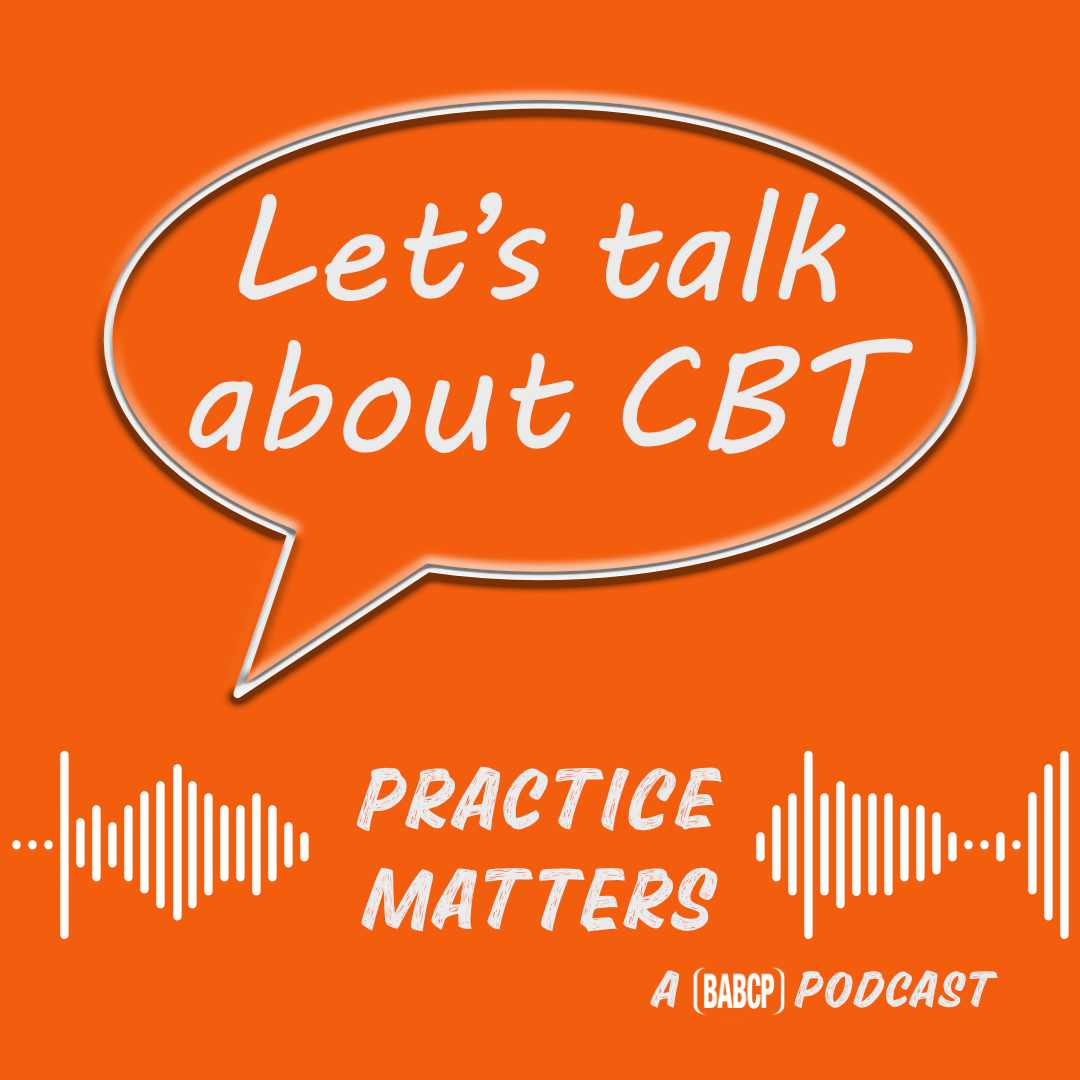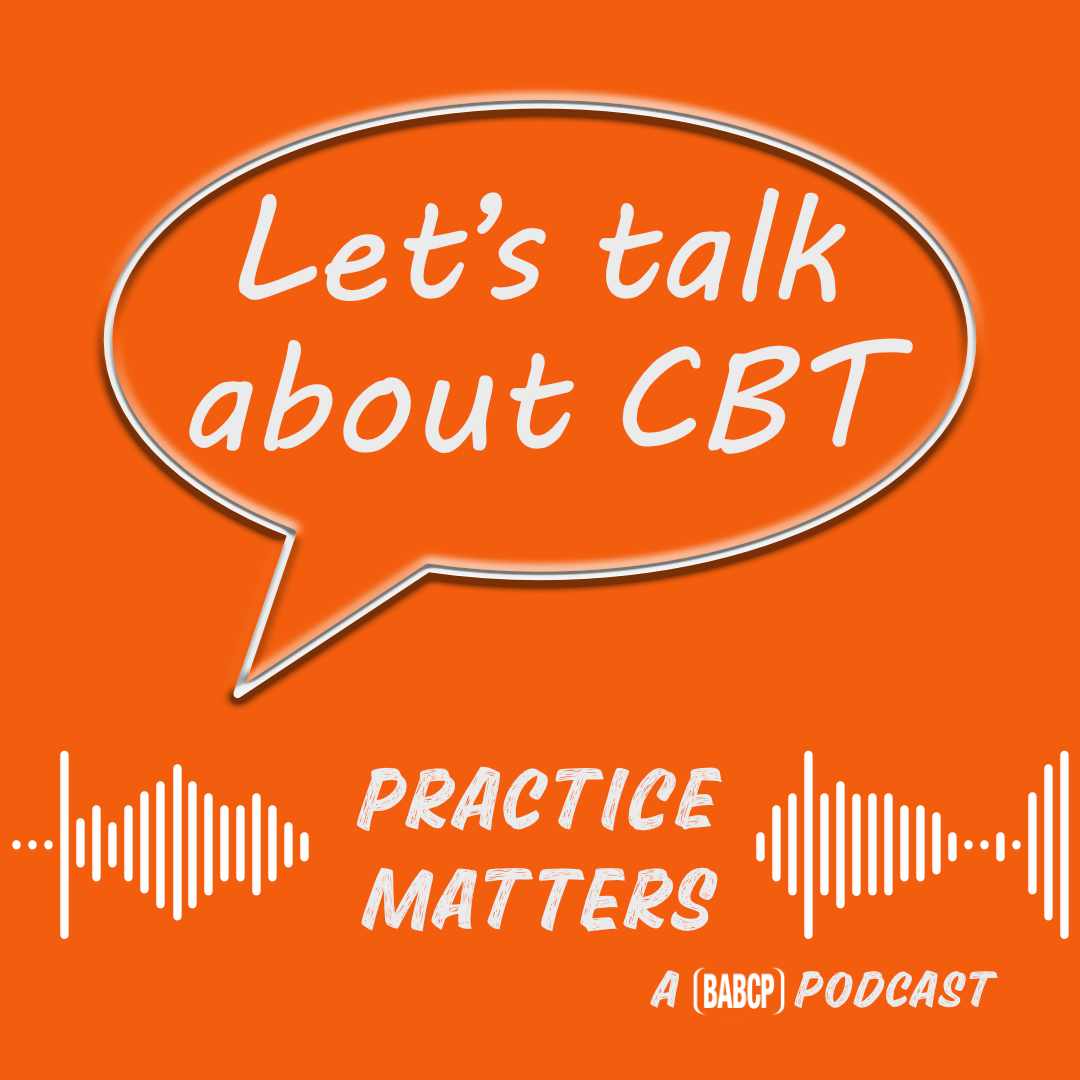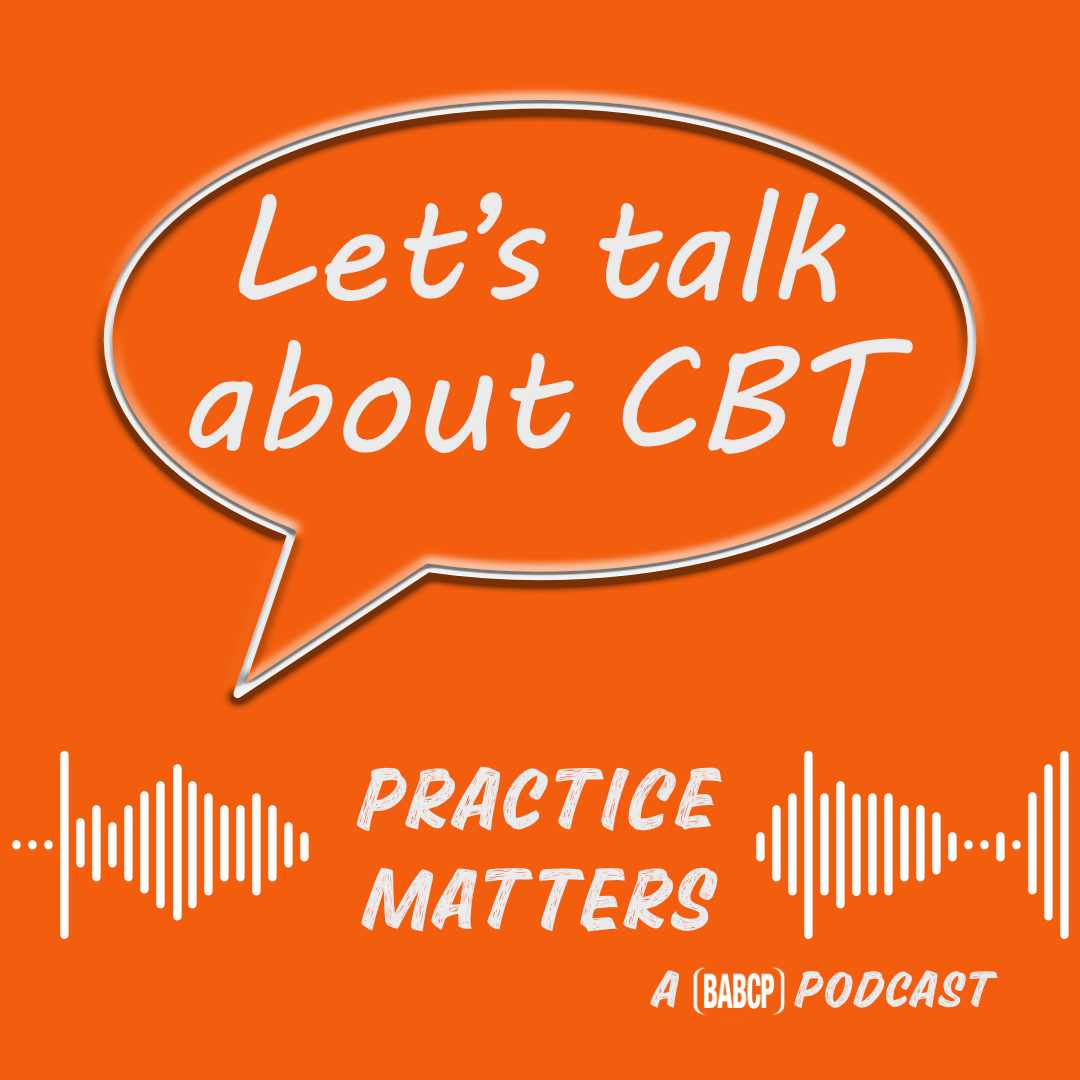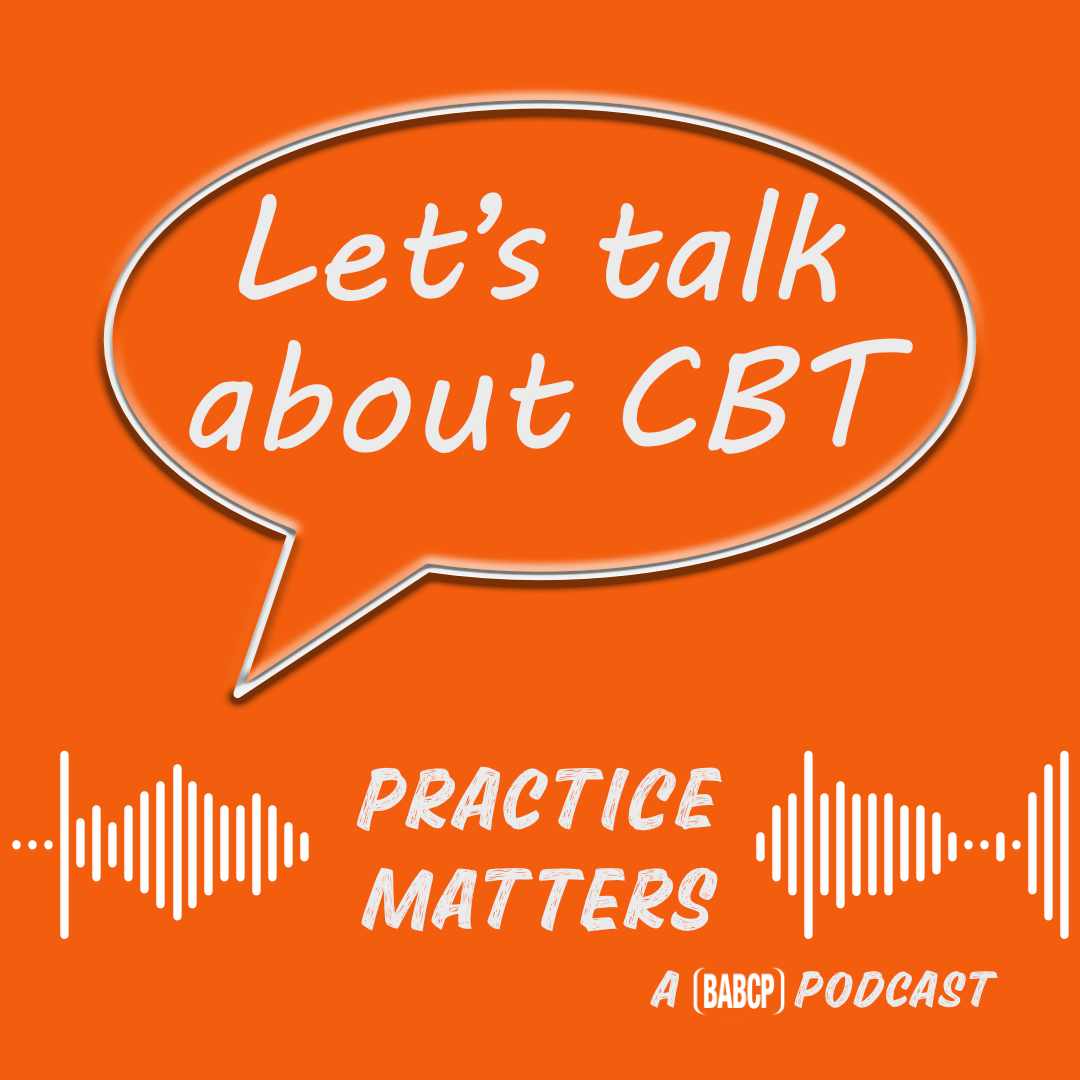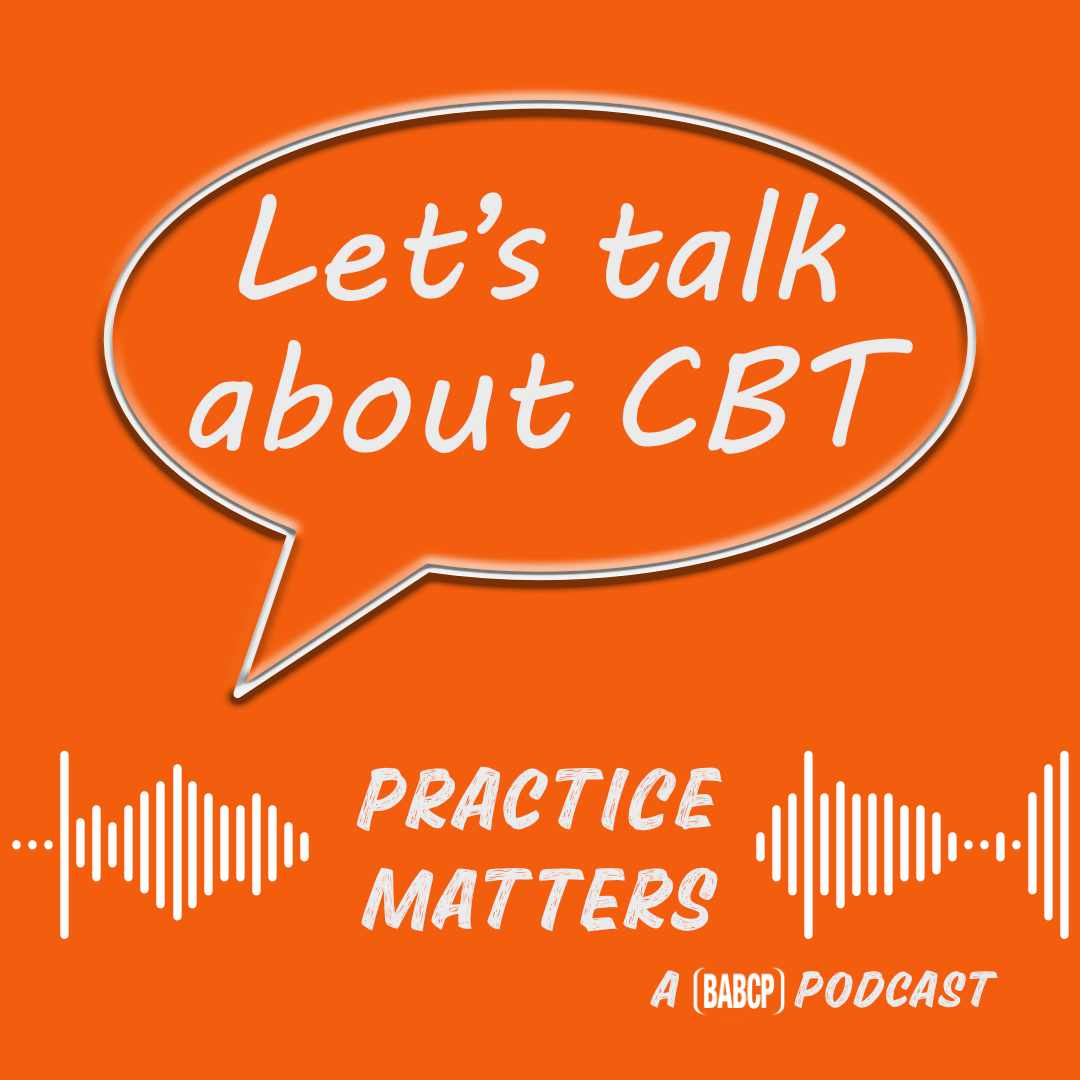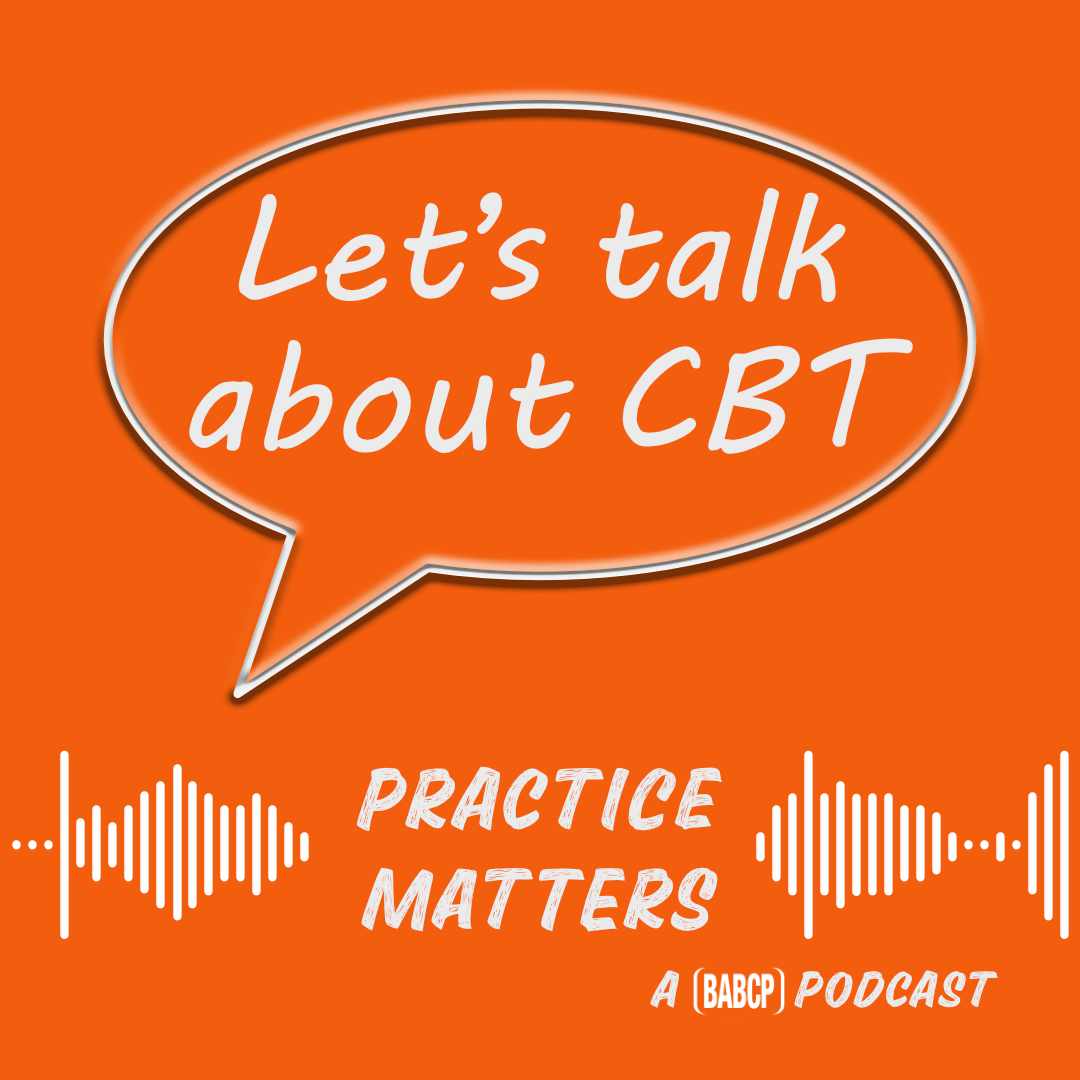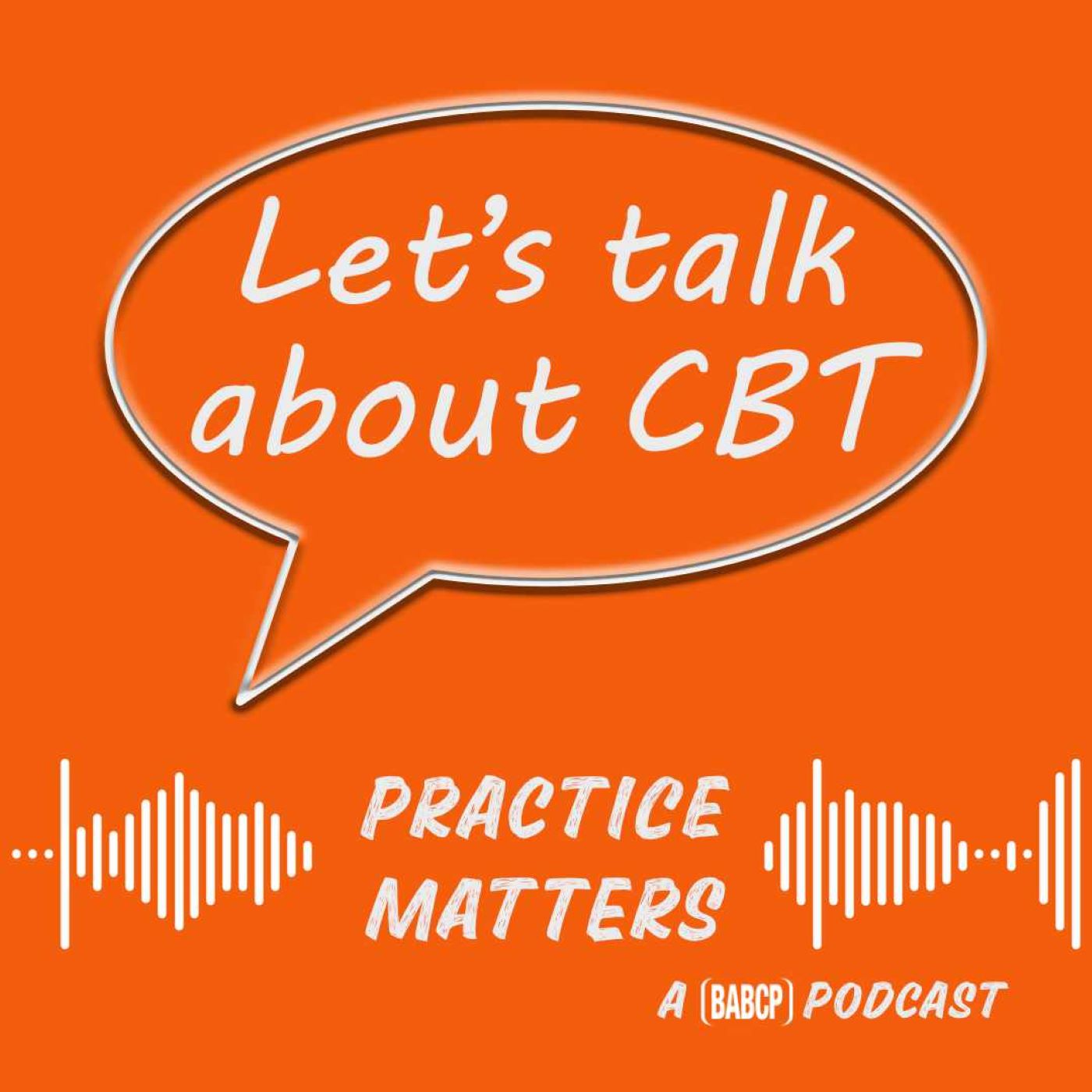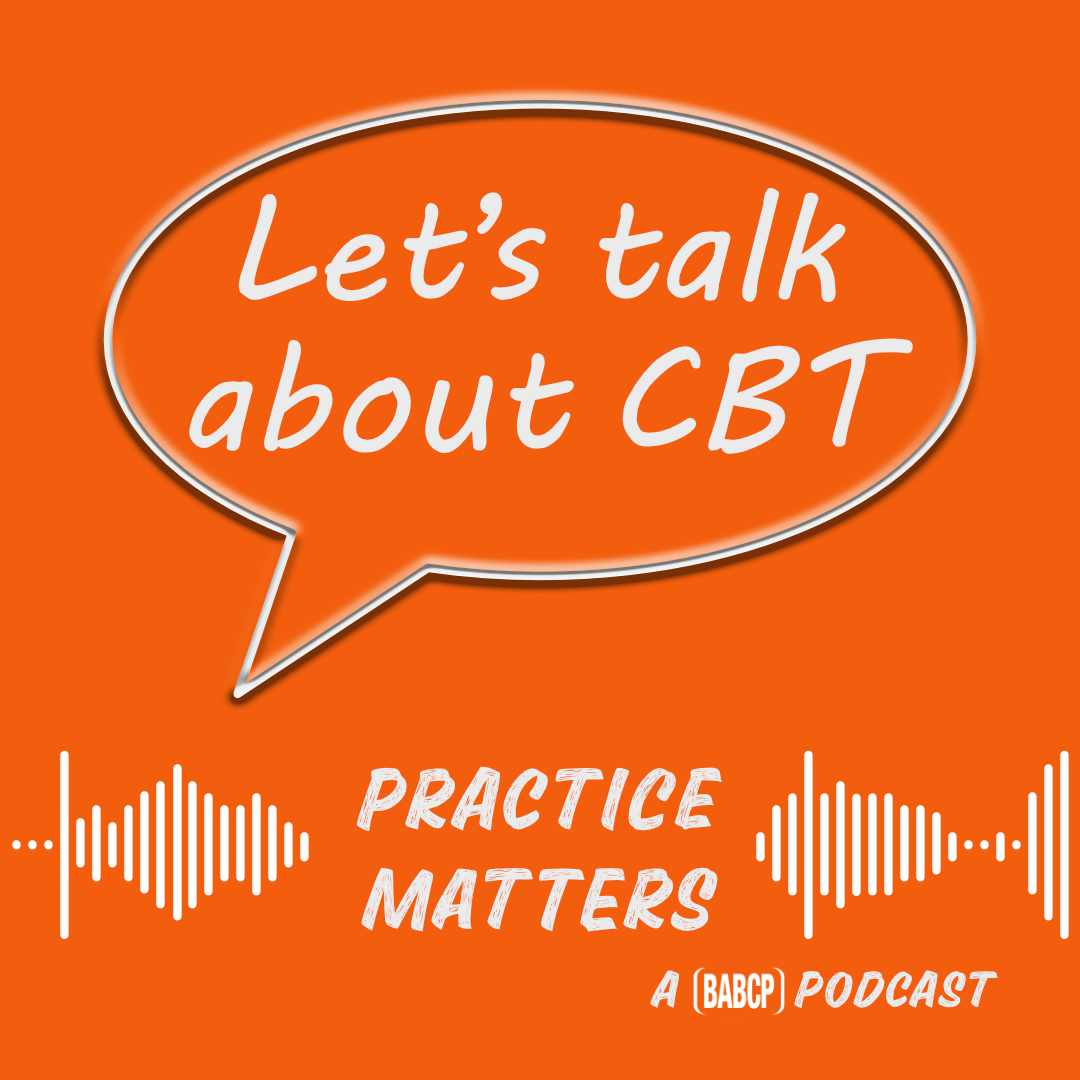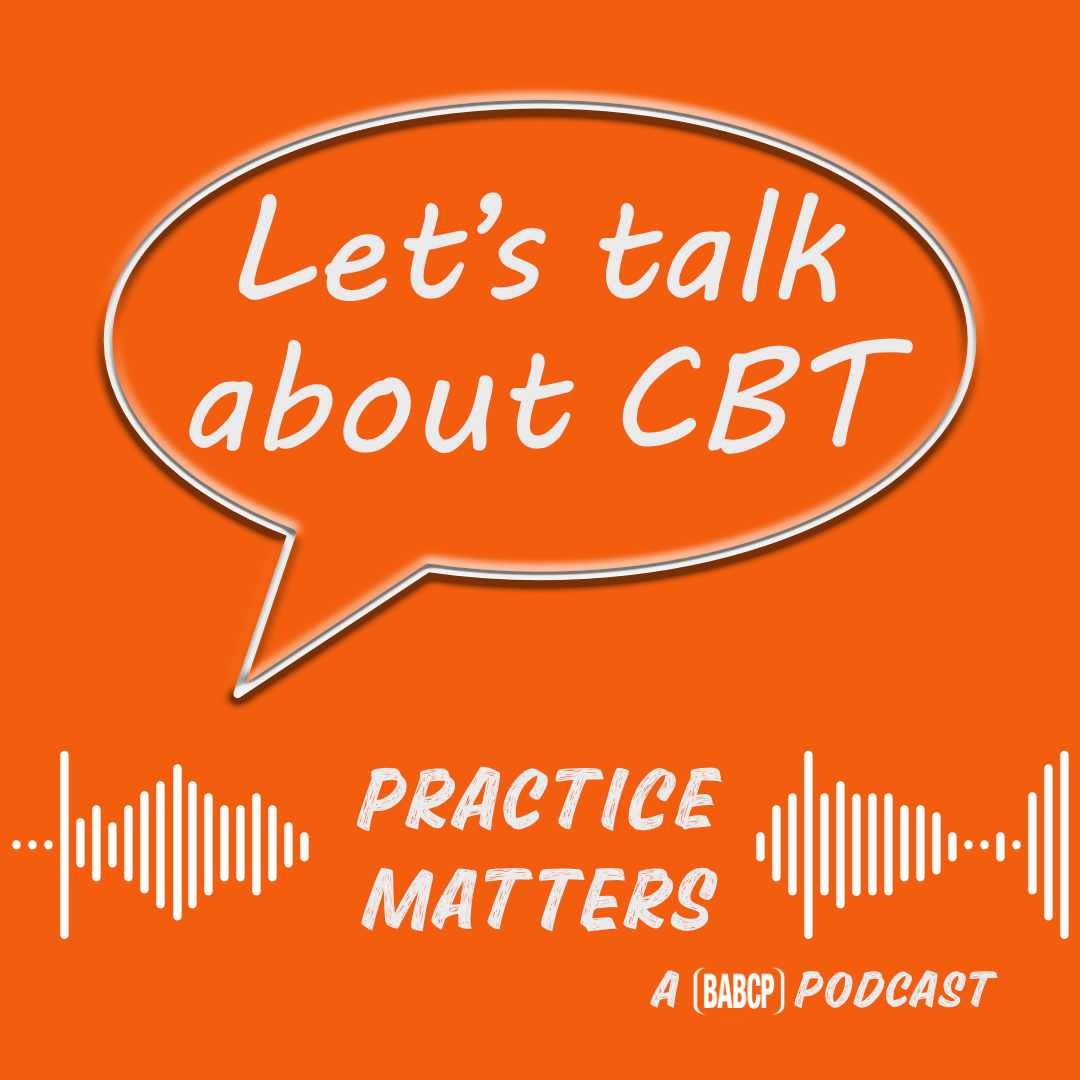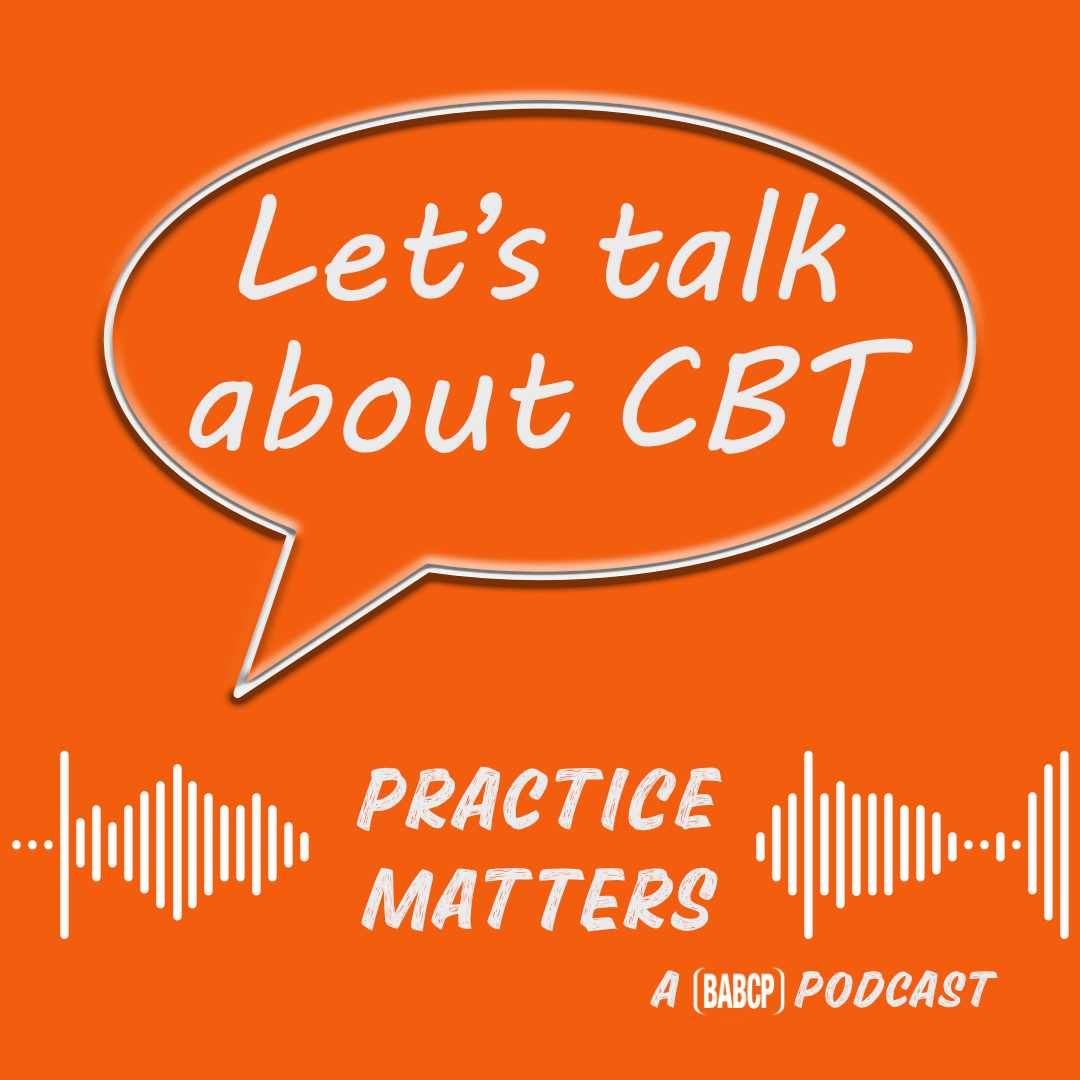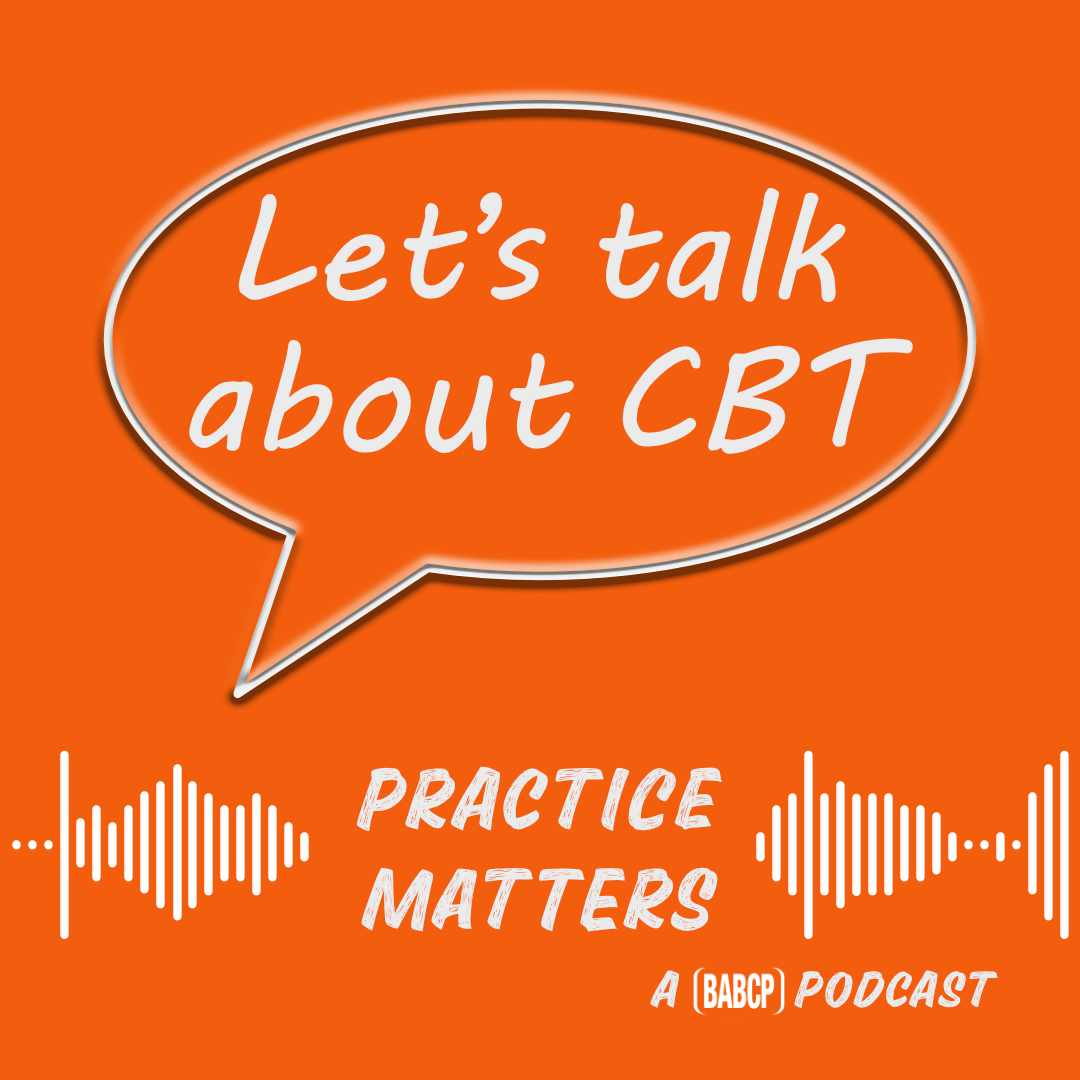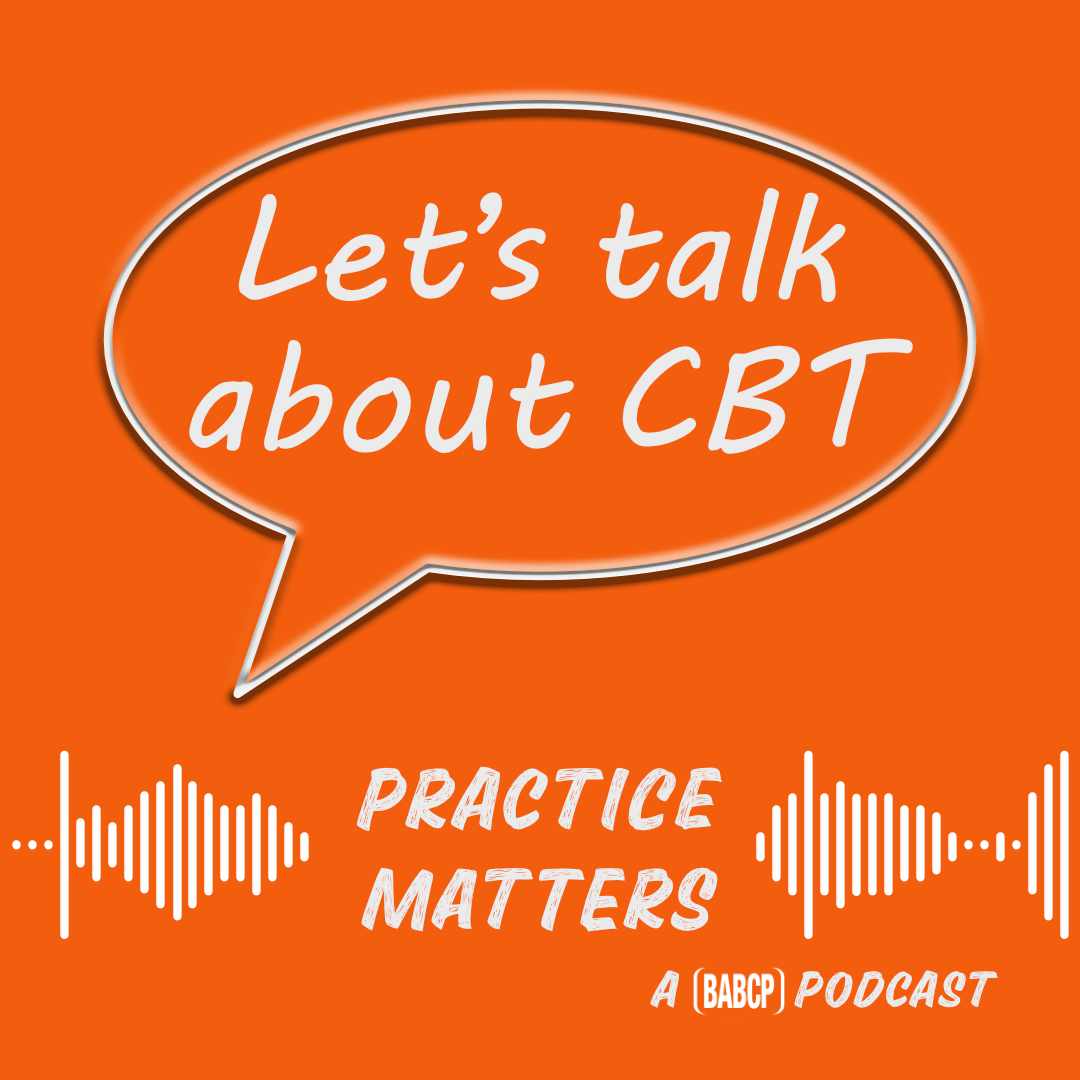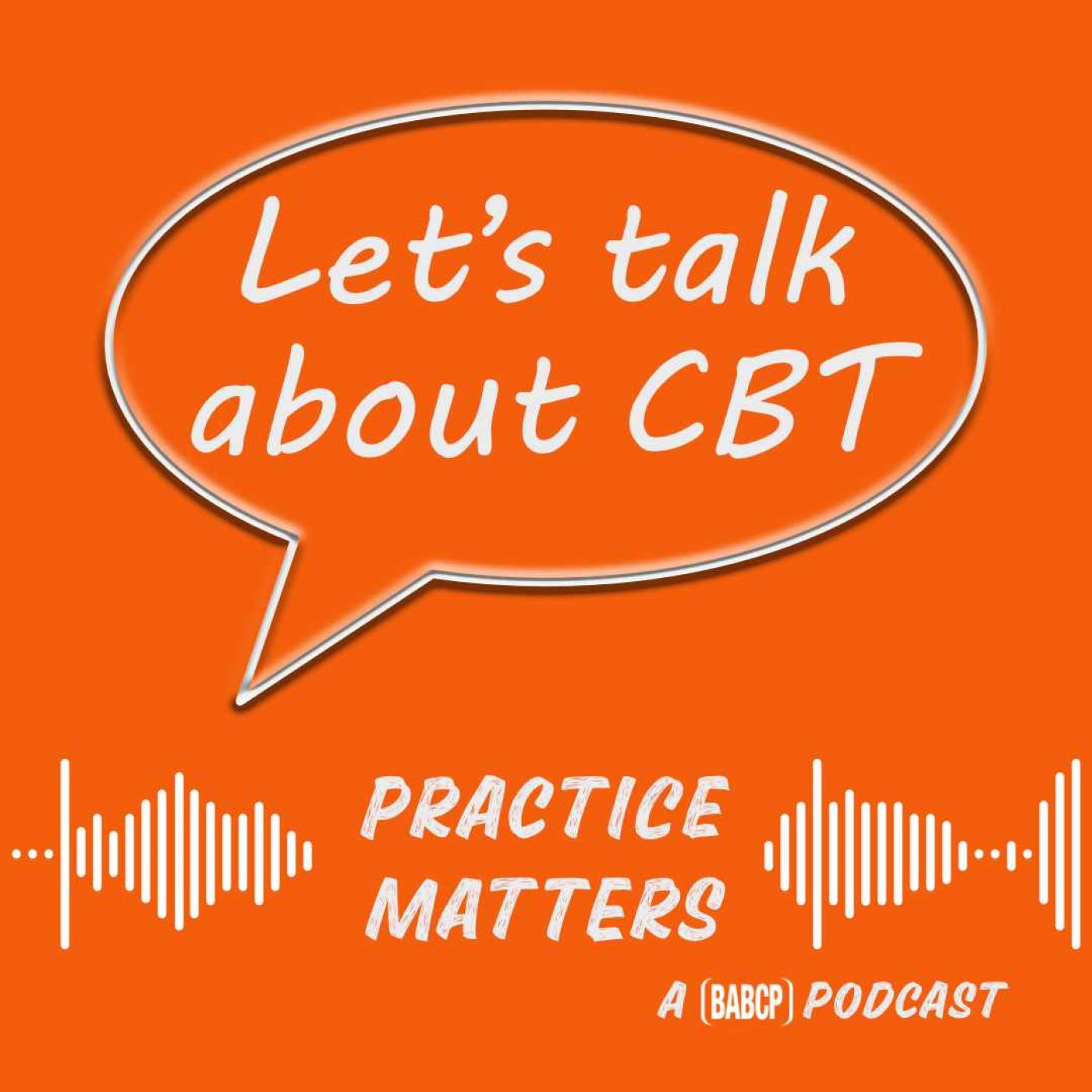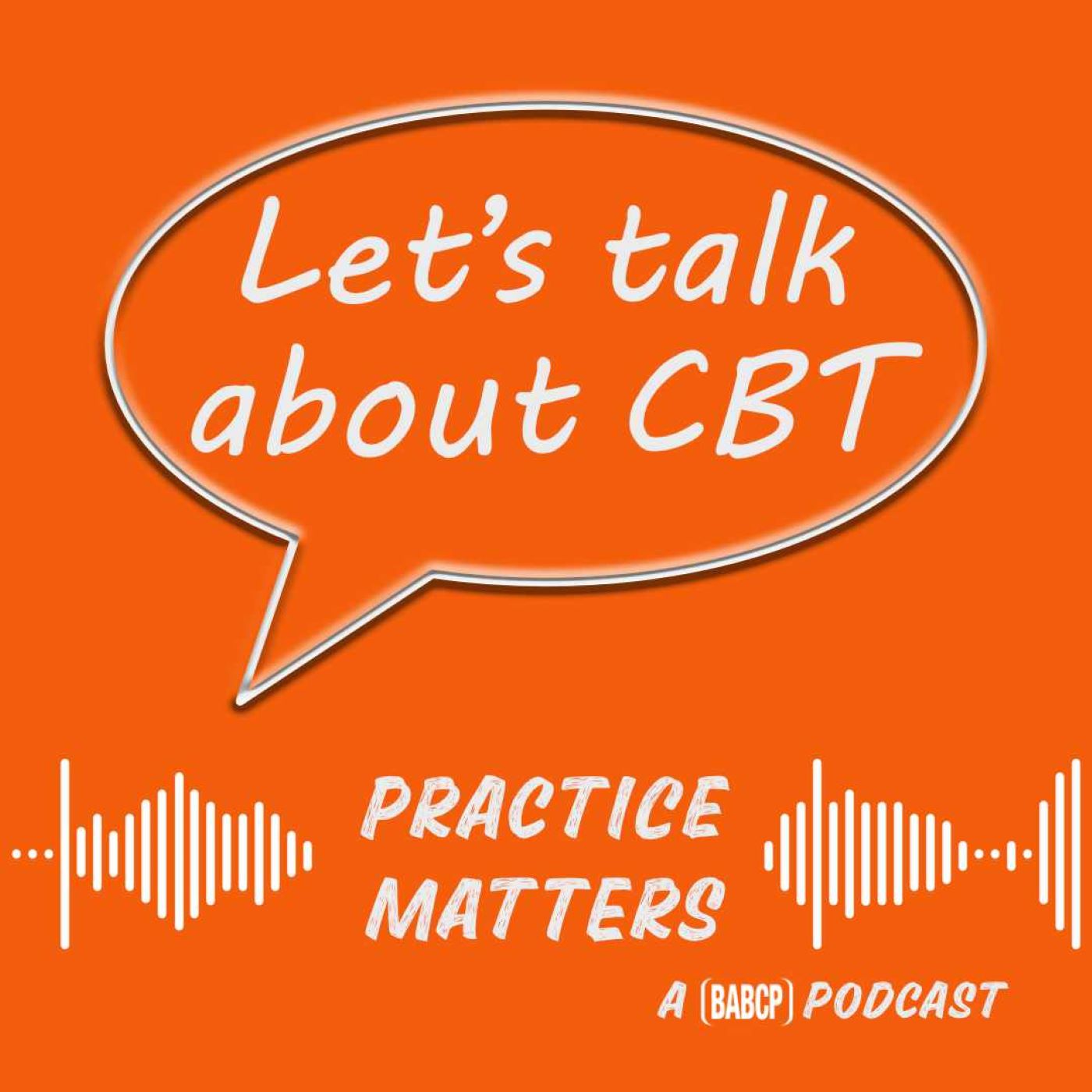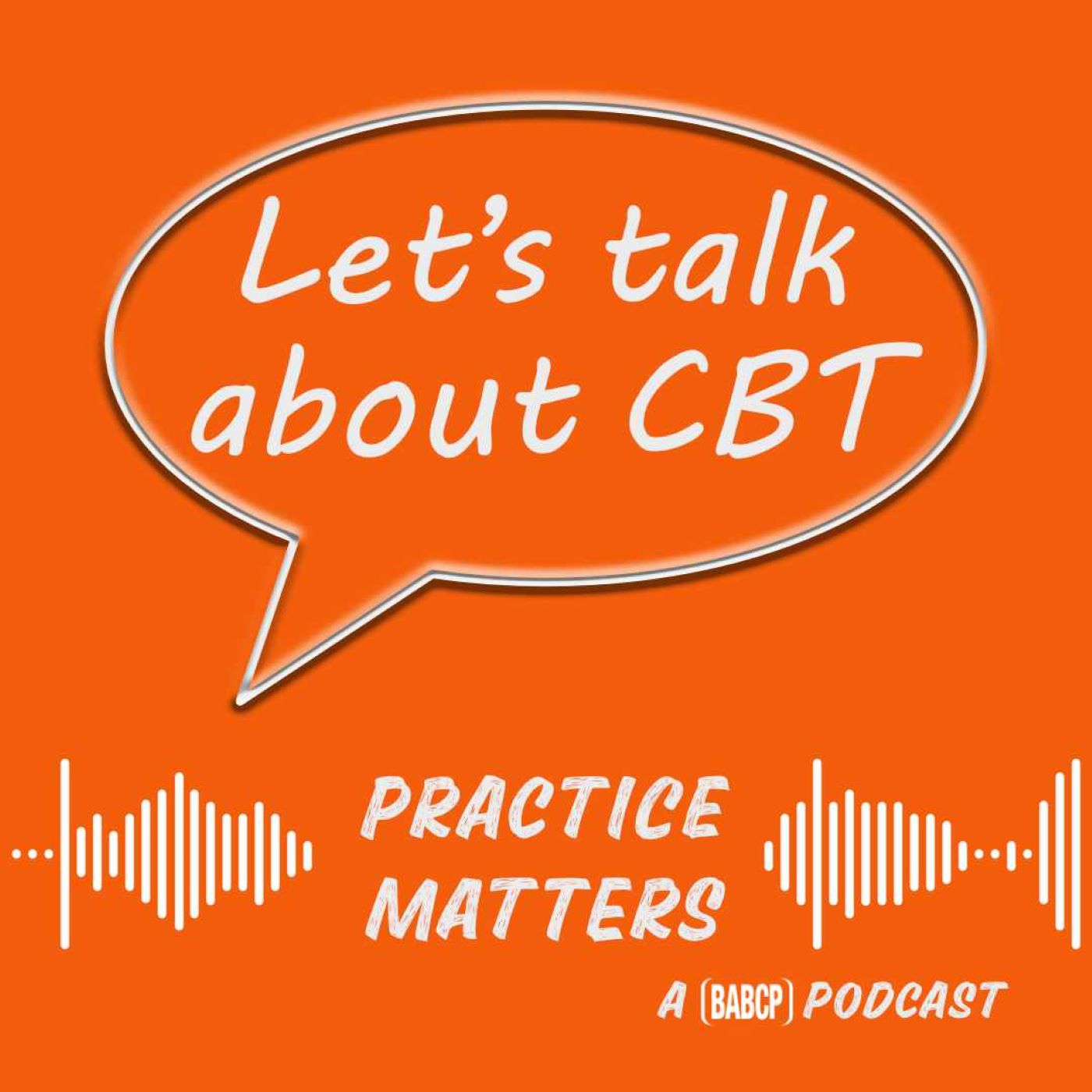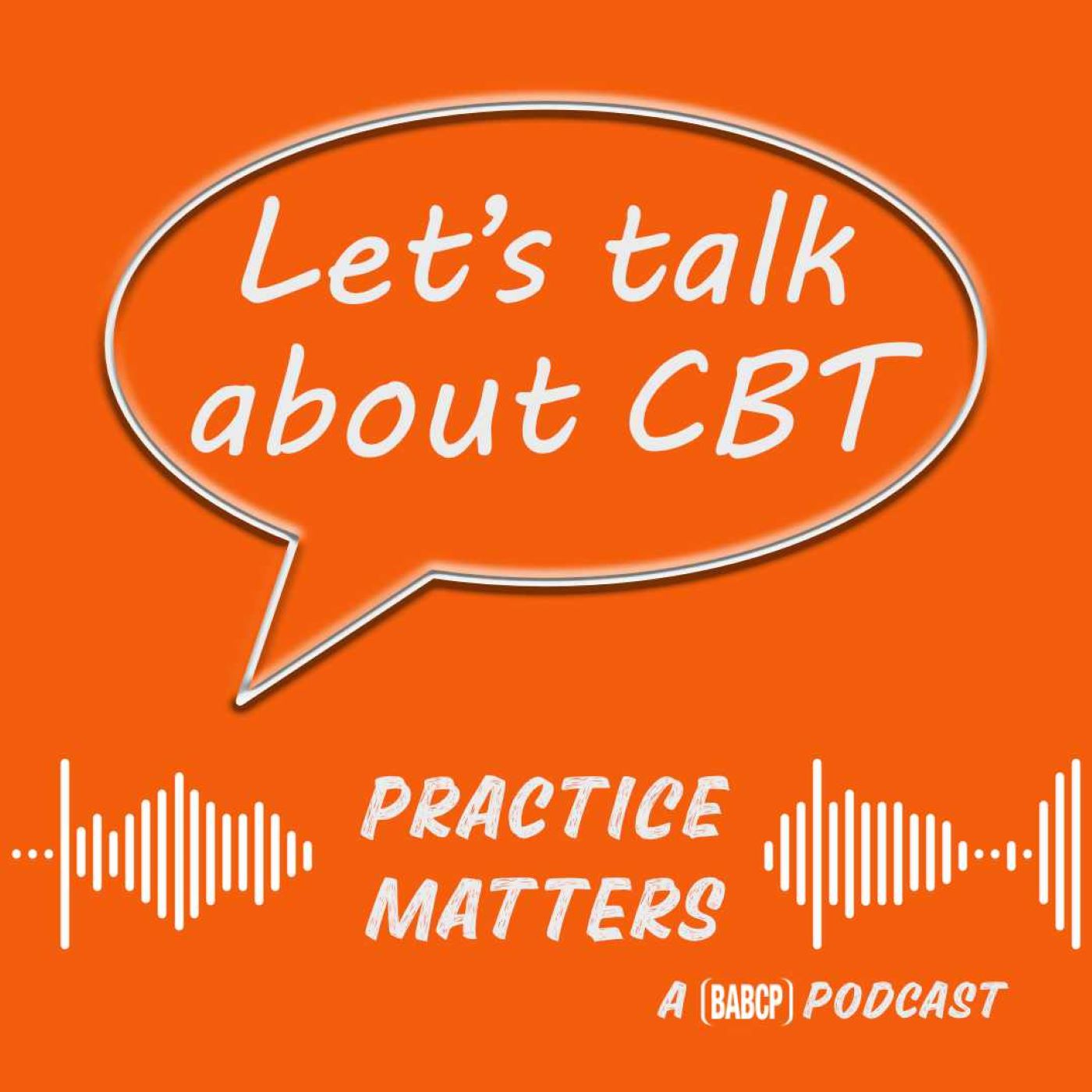Understanding and Treating Eating Disorders with Dr. Rebecca Murphy
Description
In this episode of Let's Talk About CBT: Practice Matters, Rachel Handley is joined by Dr. Rebecca Murphy, a clinical psychologist and researcher specialising in Cognitive Behavioural Therapy (CBT) for eating disorders. Together, they explore the complexities of eating disorders, effective treatment approaches, and ways to improve accessibility to evidence-based interventions.
Resources & Further Learning:
- Visit cbte.co for information on CBT-E, training, and resources.
- Learn more about Rebecca's research at the Centre for Research on Eating Disorders at Oxford (CREDO). The CREDO Contributors' Group is for individuals who are interested in our work, including people with lived experience of eating disorders, members of the public, and professionals with an interest. People in our Contributors' Group may be invited to participate in future research and consultation if they wish. Join our Contributors' Group by emailing credoenquiries@psych.ox.ac.uk. Please contact: Lisa.debrou@credotherapies.com if your clinical practice is interested in using Digital CBTe
- Rebecca's research ad publications can be found here: https://www.psych.ox.ac.uk/team/rebecca-murphy
- Follow Rebecca on Twitter/X: @rebeccamurphyox for updates on her work.
- Read Overcoming Binge Eating by Christopher Fairburn – a key resource on CBT for eating disorders.
Stay Connected:
- Follow us on Instagram: @BABCPpodcasts
- Send us your questions and suggestions: podcasts@babcp.com
- Subscribe and leave a review – and don't forget to share this episode with your colleagues!
If you enjoyed this episode, check out our sister podcasts, Let's Talk About CBT and Let's Talk About CBT – Research Matters for more discussions on evidence-based therapy.
Credits:
Music is Autmn Coffee by Bosnow from Uppbeat
Music from #Uppbeat (free for Creators!): https://uppbeat.io/t/bosnow/autumn-coffee
License code: 3F32NRBYH67P5MIF
This podcast was edited by Steph Curnow
Transcript:
Rachel: Welcome to Let's Talk About CBT Practice Matters, the BABCP podcast for therapists using Cognitive Behavioural Therapy with me, Rachel Handley. Each episode we talk to an expert in CBT who will share insights that will help you understand and apply CBT better to help your patients.
Today, I'm really delighted to say we're joined by Dr. Rebecca Murphy, clinical psychologist and senior research clinician at the University of Oxford, specialising in CBT for eating disorders and its dissemination.
Welcome, Becky. It's really lovely to have you on the podcast. Thanks so much for joining us.
Rebecca: Thank you so much, Rachel. It's such a pleasure to be here, and to be part of this really interesting series that you've put together.
Rachel: Becky, we go back a few years, right? We probably even unknowingly crossed paths in the psychology department when we were undergraduates overlapping. But ever since I've known you properly when we embarked on our clinical psychology training, you've been really interested and passionate about eating disorders. I'm wondering what got you interested enough in the field, personally, professionally to pursue this as essentially your life's work?
Rebecca: Yeah, thank you so much, Rachel and it's lovely to be speaking with you, as we have known each other for such a long time. So, I guess my interest started with mental health generally, and probably I had an interest from a very early age compared to most people, because my father was actually director of a therapeutic residential community for people with severe and enduring mental health difficulties. And as a director, he actually had to live on site, so I actually grew up surrounded by people with various mental health problems, seeing the impact it had on people's lives and being able to observe the difference that support and care made. I carried this through and that's why I studied psychology as an undergraduate. And within my course, we looked at different areas of mental health and I was very interested in eating disorders and what I especially loved was their complexity and the multifactorial elements. So as with many other areas, they're sort of no single cause. Yeah, you're thinking about biological, psychological, social factors. But I think with eating disorders, it's a really nice example of how all of those elements come together. So that was kind of my early interest. And I wanted to do something that would really make a difference, and I felt as if eating disorders as a field is actually still relatively young compared to some other psychological disorders so I really thought, Oh, I've got an opportunity potentially to make a big difference, as a researcher and clinician, in terms of thinking about new approaches, new ways of understanding eating disorders. And when I started to work with people, I also loved seeing how much people could change. So I really felt that it was an area in which there's so much hope because most people do get better and that was really rewarding to be part of. So yeah. That's where it all started.
Rachel: And do you think that desire to make a difference, and that sense of hope was rooted in those early experiences that you had of living in that community? Did you see people's lives change, impacted there?
Rebecca: Yeah, I think I did. I suppose I saw two things. One, if it's part of your everyday environment, it's very de-stigmatising, so you just see how normal it is for all of us at some point in our lives to have various difficulties, and I think I didn't really see it as something separate or that it was something that made people fundamentally different. I just saw it as part of a sort of continuum, that maybe we're all on. And I did, I saw people change. I mean, not necessarily the parts of them which they appreciated and valued but I could see that when people were really suffering, that was something that if you provided people with care and support, they were able to come out of and then they were able to make changes in their lives in terms of what they wanted, in terms of living independently or no longer being in such a state of distress.
Rachel: So you could say that mental health has been part of your experience in terms of your genetics, your social environment and your psychological interest yourself throughout your life then.
Rebecca: Definitely. So for me it was an everyday conversation from a really young age.
Rachel: And I know you're interested not only in the what or process of treatment for eating disorders, but you're also interested in how we deliver therapy to make treatment more accessible and widely available. And we'll get into some of the great work you've been doing in that area. But given this is a young field as you've alluded to and there's probably still a lot of work to be done, how easy is it for folk who need access to good evidence-based treatment for eating disorders to access that?
Rebecca: It is such an important question and unfortunately there is, as is the case in other fields as well, but there's a huge treatment gap between the number of people who could really benefit from treatment and the number of people who actually receive it. And perhaps there are two, two major sources of this treatment gap. One is that often people with eating disorders, they feel a sense of stigma or shame surrounding the problem so people may delay seeking help or never seek help because they don't feel able to disclose it to someone and so that's sort of an internal barrier. And then externally other barriers include that there is really only a limited number of trained therapists to be able to help people with eating disorders. So even when people do come forward and seek help, there aren't enough specialists to meet demand. And I mean, that's true even in kind of wealthy developed countries, and we know that only a small percentage of people with eating disorders receive recommended treatments.
Rachel: So it's that double whammy of actually, it's really hard to get yourse


